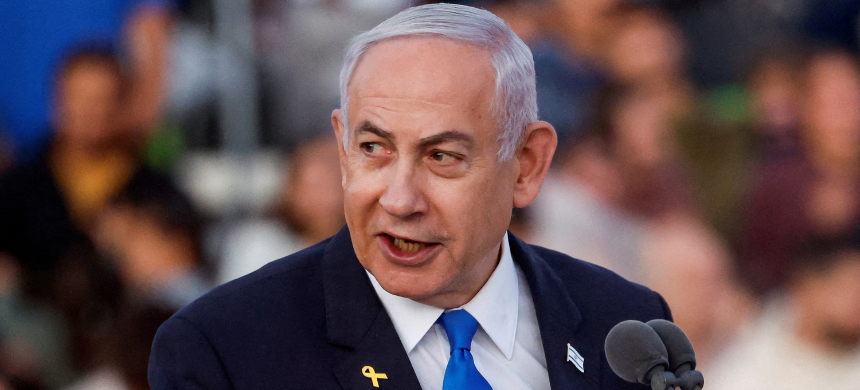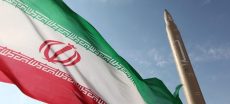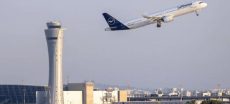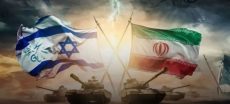In 2025, Israeli Prime Minister Benjamin Netanyahu is expected to focus on achieving key strategic objectives: strengthening military control over Gaza, countering Iran’s nuclear ambitions, and capitalizing on the weakening of Tehran’s allies, including Hamas in Palestine, Hezbollah in Lebanon, and Syrian President Bashar al-Assad.
The fall of Assad, the dismantling of Hamas and Hezbollah’s leadership, and the collapse of their military structures represent major successes for Netanyahu. The removal of Syria has unraveled the alliances Iran has cultivated for years, further cementing Israel’s dominance in the region.
Read More: Hamas Accepts Gaza Ceasefire Proposition
Netanyahu is likely to prioritize neutralizing Iran’s nuclear program and missile threats, with the goal of either forcing Iran to scale back its nuclear activities or pushing Tehran to engage in negotiations. According to Joost R. Hiltermann of the International Crisis Group, Iran is particularly vulnerable to Israeli military action, especially regarding its nuclear program.
Amid the regional turmoil, Netanyahu’s ongoing corruption trial, which resumed in December 2024, will play a pivotal role in shaping his legacy. It is anticipated that a ceasefire agreement with Hamas will be signed to end the 14-month Gaza war and release Israeli hostages. However, Israel will likely maintain its military presence in Gaza, as a withdrawal could risk Hamas regaining power.
The Gaza conflict, sparked by Hamas’s attack on Israel in October 2023, has left tens of thousands dead and the region in ruins. While a ceasefire would halt the immediate violence, it would not address the broader, unresolved Palestinian-Israeli conflict. Netanyahu’s government has increasingly ruled out the possibility of a Palestinian state, further complicating any long-term resolution.
Netanyahu’s relationship with former President Donald Trump has influenced several significant developments, including the 2020 “Deal of the Century,” a peace plan that openly sided with Israel, allowing annexation of large areas of the West Bank and recognizing Jerusalem as Israel’s undivided capital.
On Israel’s northern border, Syria finds itself at a critical point after the overthrow of Assad by the HTS rebel group, led by Ahmad al-Golani. Golani now faces the daunting task of stabilizing a fragmented Syria and managing its internal divisions, including tensions between jihadist factions and secular groups. The future of Syria will depend on whether HTS can successfully navigate its ideological struggles and maintain a stable, inclusive national identity. If it reverts to extreme Islamism, Syria risks prolonged chaos.











